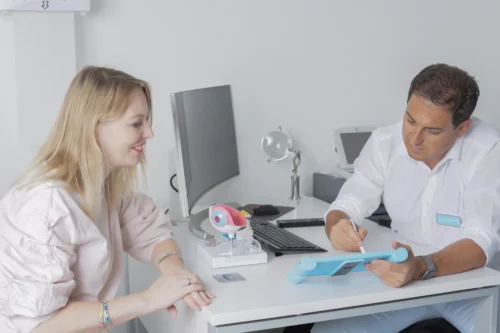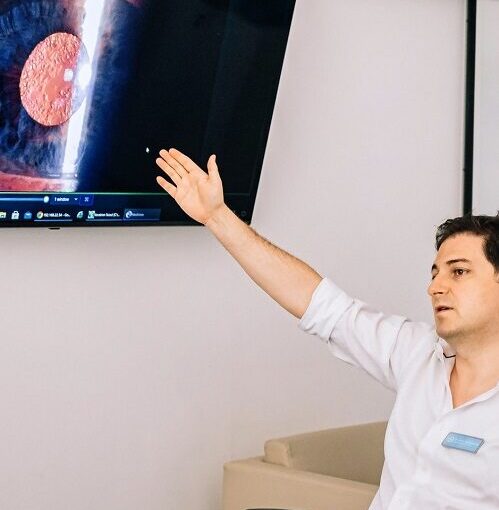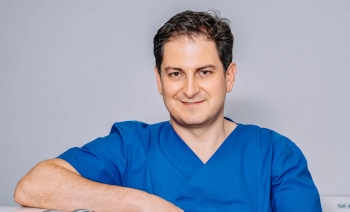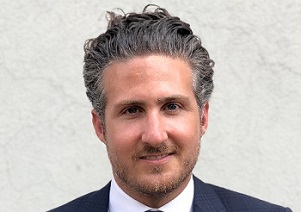Refractive lens exchange & cataract surgery: no more cataracts, defective vision, presbyopia & visual aids
Artificial lenses for a new, better attitude to life: cure cataracts with standard lenses or multifocal lenses, correct severe visual defects and presbyopia and always see clearly without having to wear glasses or contact lenses.At EyeLaser Vienna / Linz you will find the lens replacement option that suits your eyes and your life:
- Get rid of cataracts, defective vision and presbyopia permanently
- Lens replacement for severe visual defects as an alternative to laser eye surgery
- Independence from glasses & contact lenses thanks to multifocal lenses






